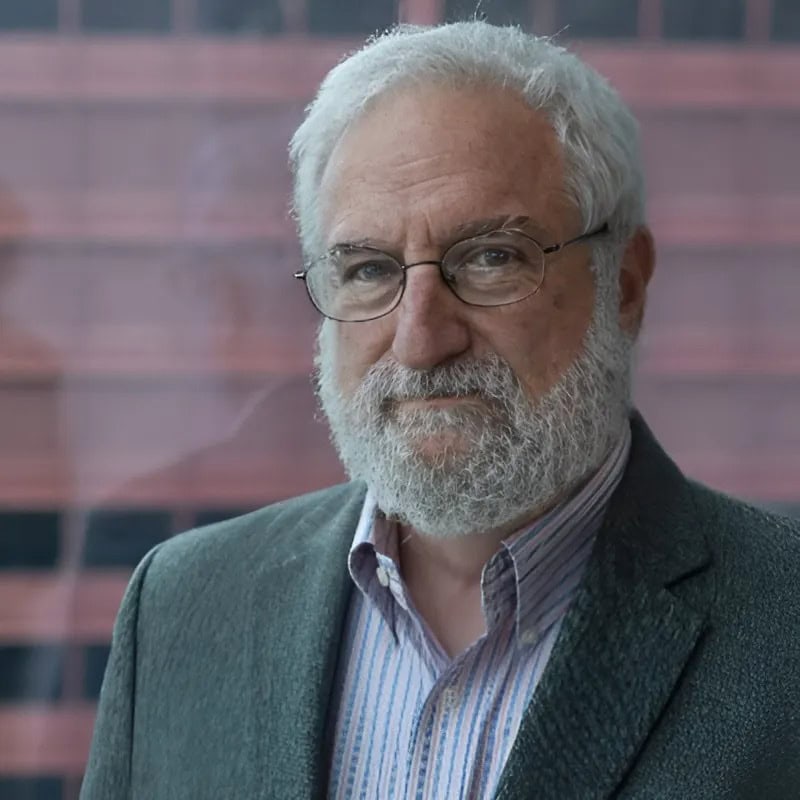.gif) “Slavery sir, it’s done.”
“Slavery sir, it’s done.”
Thus does Confederate Vice-President Alexander Stephens learn the bad news in 1865. Steven Spielberg’s Abe Lincoln has dashed all hopes for a negotiated settlement to the Civil War based on reunion without emancipation, or at least constitutional emancipation. That distinction rests at the heart of Spielberg’s narrative: his Lincoln recognizes the legal fragility of the Emancipation Proclamation and desperately presses for constitutional emancipation—presses so forcibly that his congressional hardball might have made even Lyndon Johnson blush. (Or smile.)
This is hardly surprising. Spielberg’s Lincoln is also Doris Kearns Goodwin’s Lincoln. Haunting and haunted, humorous, heroic, and humane, the president, brilliantly portrayed by Daniel Day-Lewis, impressed more than surprised me. He is still the Lincoln who freed the slaves—here through his ruthless if principled commitment to passage of the Thirteenth Amendment, rather than the more conventionally emphasized Emancipation Proclamation. No slaves free themselves in this film. The process is top down, and it is the crowning achievement of two men: Lincoln, who came to the goal gradually; and Thaddeus Stevens, who never veered from the path. Lincoln finally compromises his integrity; Stevens his commitment to “racial equality.” I watched the film in northwest Washington, but one has to wonder if Spielberg is talking to my neighbors on Capitol Hill.
I’m not a film critic, a Lincoln scholar, or a lawyer (which Spielberg’s Lincoln seems to be above all else). But I am a father, and the son of a politician. And this Lincoln is very much both; in the theater this evening I found myself identifying easily with the tensions forced upon him by each role in turn. I resisted worrying about the “historical accuracy” of either the film as a whole, or the portrayal of Lincoln. Do I really care how much time Daniel Day-Lewis spent trying to figure out what the real Lincoln sounded like? I do not; no more than I care about the number of buttons sewn onto the uniforms of Civil War re-enactors. What I care about is this: the film identifies the big issues, gets it right that the Civil War was first, always, and foremost about slavery. It may well make audiences think. And argue.
Think (and argue) about what? Fairness, equality, justice: these are the values that lie at the center of much of the debate over the timing and politics of constitutional emancipation. Gone is Shelby Foote’s fable; the Civil War depicted here is not a struggle between men of honor on both sides. The honorable conflict is among men who disagree about the meaning of “All men are created equal” (and yes, in this film it’s all about men), and about the politics of emancipation. Spielberg has no patience with anyone beginning with a premise other than that: slavery was “done.”
Perhaps Spielberg’s Lincoln intrigues me because he asks questions and tells stories. He is curious about human aspirations, and comfortable with uncertainty and ambiguity—comfortable but not satisfied. He might have made a good historian and a good teacher.
Historians will disagree over whether this was Lincoln indeed. My friend and colleague Lerone Bennett will wonder what happened to the evidence that Lincoln never believed in racial equality. David Blight will no doubt scratch his head over the absence of Frederick Douglass. Others will question the accuracy of this Lincoln’s approach to the presidency and presidential power, or the portrayal of family dynamics in the White House; or the implications of a film about emancipation that elides the agency of slaves and ex-slaves (except for the role of black soldiers). Others will note that Spielberg seems to get the importance of manhood, but doesn’t really know how to use gender as a category of political analysis. This is what a film like this should do: stimulate discussion about history. I encourage colleagues to engage the film in the public realm—in newspapers and blogs and on the radio—in language that is accessible, and in a voice that speaks especially to people who might not readily accept concepts and perspectives taken for granted within the academy.
Schuyler Colfax, then the speaker of the House of Representatives, reminds us that emancipation was not just another issue for legislation and debate: “This isn’t usual. This is history.” Well, we’re historians. Let’s get out there and talk about history. Steven Spielberg, who is a lot better than we are at introducing big issues into public discussion, has started the debate. Let us continue the conversation.


